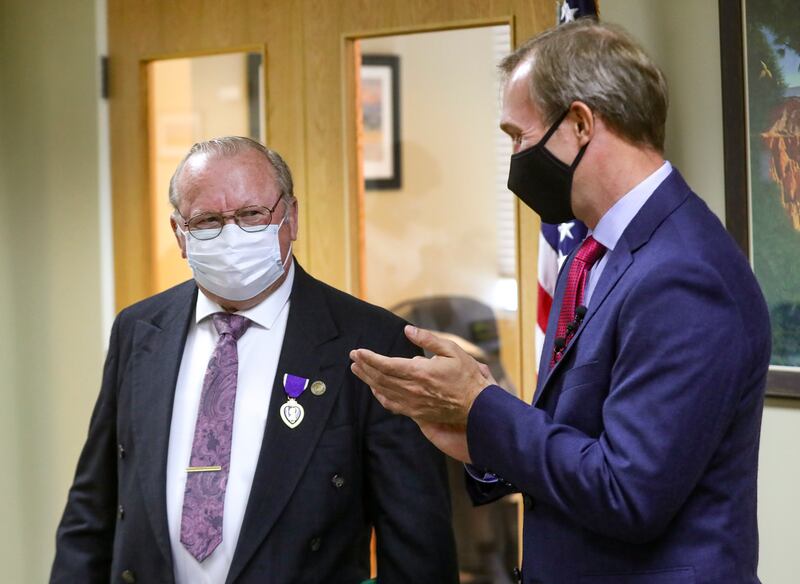WEST JORDAN — A Utah soldier injured in overseas combat a half-century ago is finally getting the recognition he earned after years of battling through bureaucratic red tape in Washington, D.C.
Pfc. Douglas Evans was a member of Company D, 1st Battalion, 12th Cavalry Regiment while serving in the U.S. Army during the Vietnam War. On Oct. 15, 1966, his platoon was preparing for a night raid. Upon being told by a village leader there was a prepared trench a short distance away, Evans and some fellow soldiers were moving toward it when one of the men stepped on an improvised explosive device.
The blast sent Evans flying 30 feet into the trench resulting in shrapnel injuries to his ear, mouth, rib cage and lung.
”We were in a firefight that wiped out most of my company,” he described during a news conference Monday in West Jordan where he was awarded the Purple Heart for injuries in that battle. “Back in my platoon, there was only five of us that survived and the company commander was killed.”
Evans was hospitalized for a time where he was informed that he would be awarded a Purple Heart. The medal is a combat decoration that is awarded to members of the U.S. Armed Forces who are wounded in battle at the hands of the enemy.
But there was a mixup at the time and the proper paperwork was never filed, so he never received the medal. Evans went on to serve for more than 20 years in the Army, including as a member of a Special Forces unit.
Despite years of attempts to rectify the situation, Evans and his family were unable to convince the military that he served during Vietnam and he could not receive the medal.
“I brought in all my records and they said they checked and there was nothing they could do about it,” he explained at the district office of U.S. Rep. Ben McAdams, D-Utah. “We went to the Purple Heart Association and they basically just kept coming up with excuses (as to) why they couldn’t do anything.”
Then in a stroke of good fortune, he caught a break while attending an outdoor recreation event.
“We went to an RV show and the American Legion booth was there and I told them my story,” he said. ”They said the only person that can do anything is probably Congressman McAdams because he’s done a lot for the soldiers.”
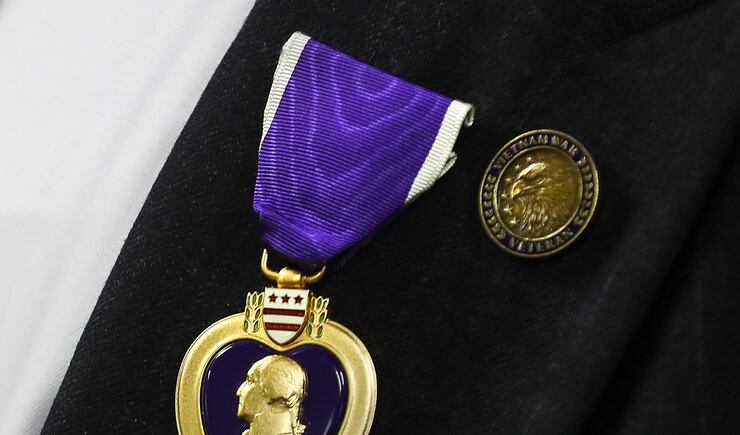
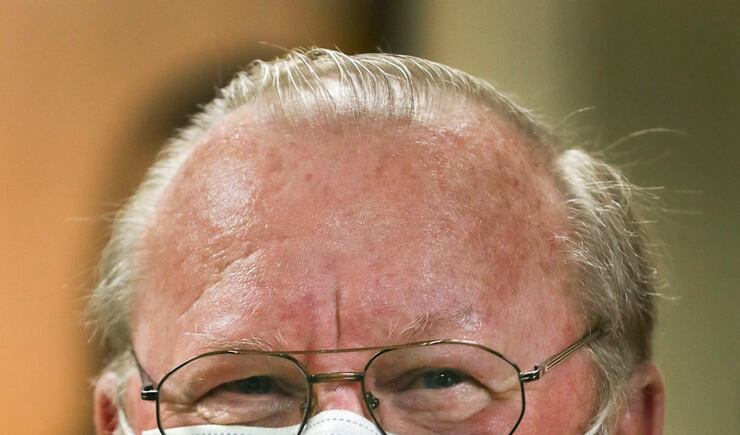
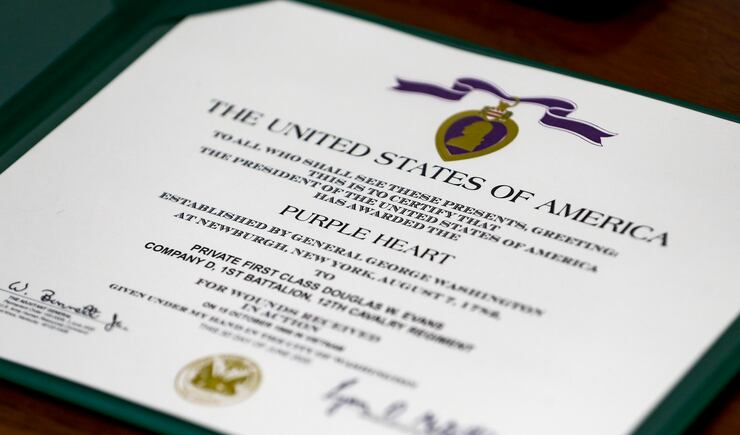
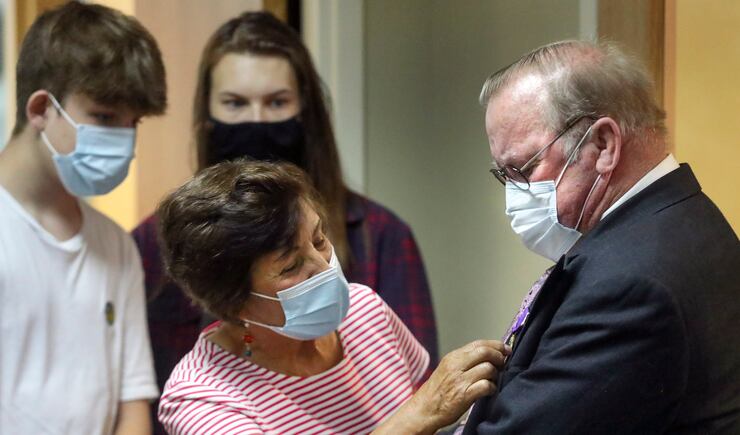

Upon hearing of Evans’ plight, McAdams and his staff worked with the Department of Defense for a few weeks to untangle a paperwork web that for 50 years had prevented the medal citation from being included in his official Army record.
“His office called and said, ‘We’ve got good news for you.’ And then the congressmen talked to me and said, ‘We got your Purple Heart for you finally,’” Evans explained. “It’s amazing just to know that it’s finally legal so I can actually wear it on the uniform, even though I couldn’t do it while I was active duty. It’s pretty amazing!”
McAdams said he was grateful to be able to help the family resolve their decadeslong dilemma.
“I was honored when Mr. Evans came to my office and asked for help with this case,” he said. “I’m inspired by his courage, sacrifice and commitment to serving our country and it is a privilege to work on his behalf.”
He said his office worked with a contact in the secretary of the Army’s Office willing to do the legwork and sift through and find the necessary records needed for validation. Ultimately, once the records were located, it was clear that this was a recognition that Evans had earned.
“It’s important to honor those people who have given in service to our country, and to make sure that he gets this recognition for his sake and for those who are serving today to know that their country will honor and respect them,” McAdams said. “It’s also important because, as somebody who was injured in the line of duty, he’s entitled to certain medical benefits that his country should give him as well.”

